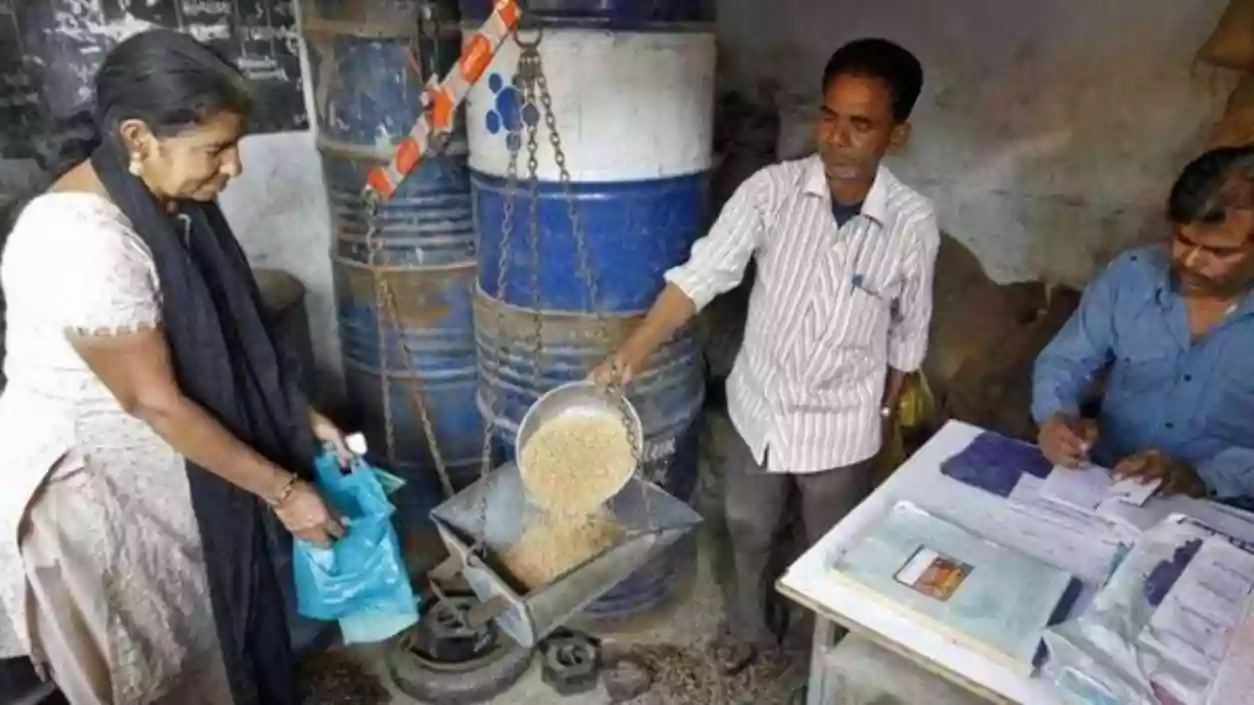.gif)
.gif)

The West Bengal Food and Supplies Department has introduced stringent measures to combat the illegal sale of subsidized ration goods in the open market. As part of these efforts, dealers will face fines and potential license cancellations if they fail to maintain accurate records of government-allocated rice, wheat, and flour. The department's new directive stipulates that any excess stock found at ration shops may result in penalties up to three times the amount of the surplus. This initiative aims to prevent the diversion of ration items that are intended for public distribution.
To facilitate better monitoring, the Food and Supplies Department will utilize electronic Point of Sale (e-POS) machines to track stock levels in ration shops. These machines document daily transactions, allowing officials to identify discrepancies between the reported stock and the allocations provided by the government. Inspectors from the Food Department are also authorized to conduct regular inspections and audits of ration shops to verify compliance with the new regulations.
In an effort to enhance transparency, the department has mandated that ration slips issued to beneficiaries include detailed information about the government’s costs for each ration item under the Pradhan Mantri Garib Kalyan Yojana. Effective November 1, these slips will display the per-kilogram costs borne by the central government, which include 37.46 paise for rice and 27.09 rupees for flour. This measure aims to provide beneficiaries with a clearer understanding of the financial support being provided by the government for ration items.
The All India Ration Dealers’ Association has reported that technological measures have been put in place to accommodate these new billing requirements. This update aligns West Bengal with practices already adopted in other states, reflecting a growing emphasis on transparency and accountability in the distribution of ration goods. The recent actions by the Food and Supplies Department are part of a broader strategy to ensure that ration distribution systems operate effectively and fairly, thereby safeguarding the interests of the public.